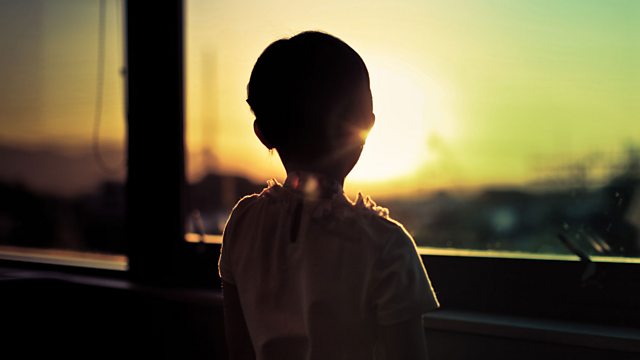Rev Joel Edwards - 16/09/15
Thought for the Day
This evening I'm attending a special lecture with Sir Malcolm Grant, chair of the NHS in England. The lecture, hosted by the London Muslim Centre, entitled, The Contribution of Faith & Communities to Health and Healthcare comes at a time when solutions for health care are raising entrenched political questions.
I have no idea where Sir Malcolm will take the subject, but I am intrigued by the title.
For many people, the mention of faith and health in the same breath is an oxymoron. Even if the idea of religion as the toxic opiate of the people is a muted whisper, its still alive and in good health. Extremism, oppressive morality and kill-joy traditionalism, all add up to the idea that religion is bad for your health.
But on the contrary, human flourishing sits at the very heart of religious practise.
'Above everything else,' runs a New Testament text, 'I want you to prosper and be in good health'.
Those of us brought up in the Christian tradition will remember the Sunday school stories about 10 lepers being healed by Jesus; the blind, disabled and maimed made well.
Whatever you think about miracles in the Bible, the underlying message in these extraordinary claims wasn't just the physical healing taking place. The added power of the miracle was this: the beggar, leper and blind were now liberated to escape marginalisation and experience integration in their society.
But sceptics do have a point: religion has a lot to answer for and this was why the theologian Bonhoeffer was such a strong advocate of what he called 'religionless Christianity'.
But in my experience there's a new conversation taking place about the role of faith for the Common Good.
Two months ago, for example, the World Bank hosted the launch of a faith based initiative about religion and Sustainable Development. Faith communities, it claims, offer a unique contribution to health care.
Which is why tonight's theme 'faith and community' is so intriguing. The discussion is not about the unilateral good of faith: it really is all about faith in relation to community needs.
Increasingly, people of faith - and none - have discovered that infant mortality, and maternal health, AIDS/HIV, malaria, leprosy and Ebola have been painful forums in which faith can best vindicates itself, and where skepticism can sometimes turns to hope.
Duration:
This clip is from
More clips from Thought for the Day
-
![]()
Rhidian Brook - 06/11/2025
Duration: 03:02
-
![]()
Jasvir Singh, CBE - 05/11/2025
Duration: 02:47
-
![]()
Rev Dr Sam Wells - 04/11/2025
Duration: 02:52
-
![]()
Chine McDonald - 03/11/2025
Duration: 03:16






